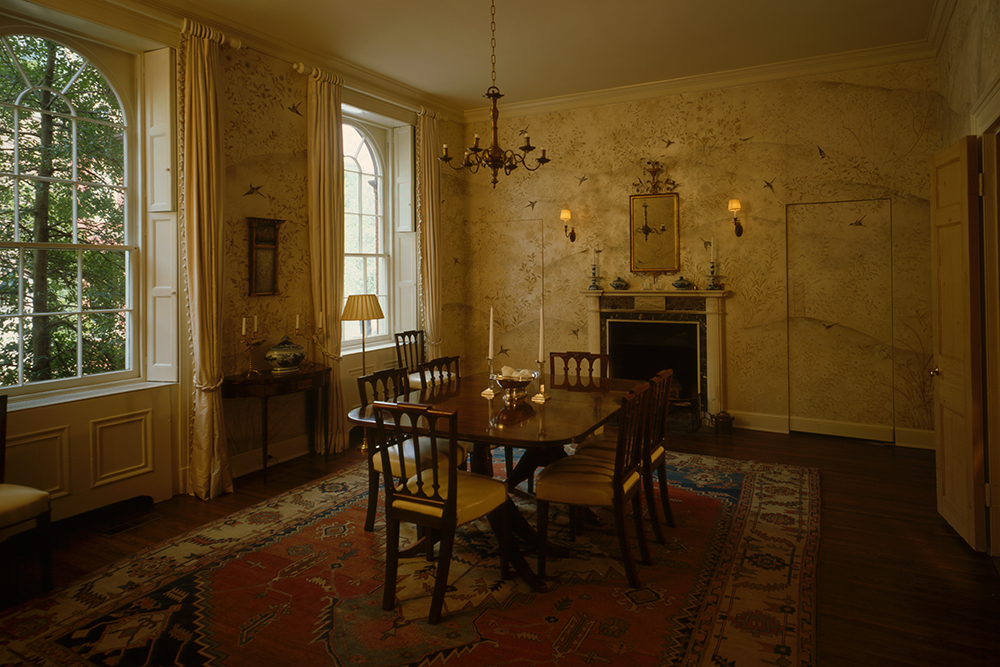Every week, the editors of The Paris Review lift the paywall on a selection of interviews, stories, poems, and more from the magazine’s archive. You can have these unlocked pieces delivered straight to your inbox every Sunday by signing up for the Redux newsletter.
This week, The Paris Review approaches this strange and lonely holiday season with a feeling of gratitude. Read on for Derek Walcott’s Art of Poetry interview, Nick Fuller Googins’s short story “The Doors,” and Pablo Neruda’s poem “Melancholy inside Families.”
If you enjoy these free interviews, stories, and poems, why not subscribe to The Paris Review? Or take advantage of our new subscription bundle, bringing you four issues of the print magazine, access to our full sixty-seven-year digital archive, and our new TriBeCa tote for only $69 (plus free shipping!). And for as long as we’re flattening the curve, The Paris Review will be sending out a new weekly newsletter, The Art of Distance, featuring unlocked archival selections, dispatches from the Daily, and efforts from our peer organizations. Read the latest edition here, and then sign up for more.
Derek Walcott, The Art of Poetry No. 37
Issue no. 101, Winter 1986
Ultimately, it’s what Yeats says: “Such a sweetness flows into the breast that we laugh at everything and everything we look upon is blessed.” That’s always there. It’s a benediction, a transference. It’s gratitude, really. The more of that a poet keeps, the more genuine his nature. I’ve always felt that sense of gratitude. I’ve never felt equal to it in terms of my writing, but I’ve never felt that I was ever less than that.
The Doors
By Nick Fuller Googins
Issue no. 228, Spring 2019
Niko is a natural. With his help the beginners improve their line by leaps and bounds for instance facing the front most of the time now and usually remembering to hold the railing on the stairs. I teach him my modified sleeper hold. Double-teaming the beginners we have them snoring by one thirty every afternoon sometimes even earlier. Then we sit in the quiet nap-time darkness and guard against Nightworld and yes it is true that I would not mind if Niko thanked me for taking him under my wing but I realize that I never thanked him for taking me under his wing. And maybe our mutual gratitude is a silently understood kind of mutual gratitude but then again what if it is not?
Thanks brother, I say whispering so as not to wake the beginners.
For what? he whispers back.
For everything, I say.
Don’t say that, he says.
But I mean it, I say.
So do I, he says.
I don’t push him. The gymnasium lights are dim but not so dim that they don’t reflect a little watery in his eyes.
Melancholy inside Families
By Pablo Neruda
Issue no. 39, Fall 1966
I keep a blue bottle.
Inside it an ear and a portrait.
When the night dominates
the feathers of the owl,
when the hoarse cherry tree
rips out its lips and makes menacing gestures
with rinds which the ocean wind often perforates—
then I know that there are immense expanses hidden from us,
quartz in slugs,
ooze,
blue waters for a battle,
much silence, many ore-veins
of withdrawals and camphor,
fallen things, medallions, kindnesses,
parachutes, kisses.It is only the passage from one day to another,
a single bottle moving over the seas,
and a dining room where roses arrive,
a dining room deserted
as a fish-bone: I am speaking of
a smashed cup, a curtain, at the end
of a deserted room through which a river passes
dragging along the stones. It is a house
set on the foundations of the rain,
a house of two floors with the required number of windows,
and climbing vines faithful in every particular …
And to read more from the Paris Review archives, make sure to subscribe! In addition to four print issues per year, you’ll also receive complete digital access to our sixty-seven years’ worth of archives. Or take advantage of our new subscription bundle, bringing you four issues of the print magazine, access to our full sixty-seven-year digital archive, and our new TriBeCa tote for only $69 (plus free shipping!).
from The Paris Review https://ift.tt/2KGIMZL



Comments
Post a Comment